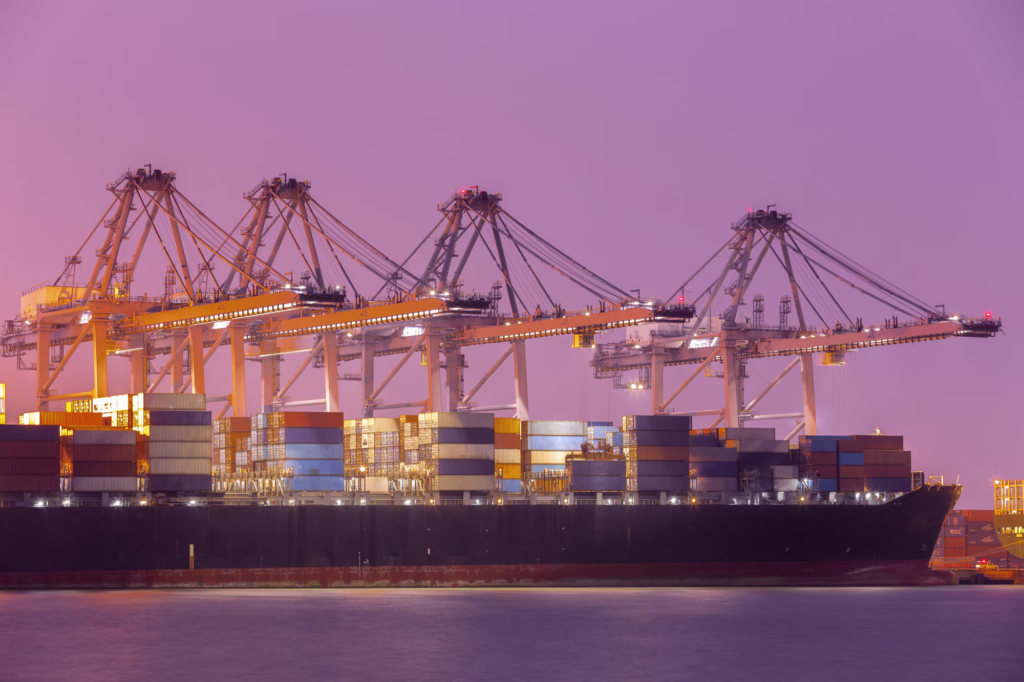
In the global marketplace, the seamless movement of goods across international borders is critical for businesses seeking to expand their reach and maintain competitive advantage. An integral part of this process is customs clearance, a crucial step in the international shipping process that ensures compliance with relevant regulations and facilitates the unhindered passage of goods. Understanding and effectively managing customs clearance can significantly contribute to avoiding delays and ensuring smooth deliveries. This article explores the essential role of customs clearance in international shipping, highlighting strategies for businesses to optimize their freight management.
1. Understanding Customs Clearance
Customs clearance is a key component in the import-export compliance framework that governs how goods are moved across countries. It involves the preparation and submission of requisite documentation to customs authorities, along with the payment of any applicable customs duties. This process is essential for ensuring that shipments meet all legal and regulatory requirements set by the destination country. Effective customs clearance aids in the prevention of delays, additional costs, and potential legal issues that may arise from non-compliance with shipping regulations.
2. Compliance with Shipping Regulations
Adhering to shipping regulations is paramount in avoiding complications during the international shipping process. Each country has specific customs procedures and regulations, including those related to labeling, permits, and tariffs. For businesses, understanding these requirements and integrating them into their logistics strategies ensures smooth operations and timely deliveries. Non-compliance can result in shipments being held at customs, incurring extra costs and disrupting supply chain schedules. By prioritizing compliance, businesses can reduce the risk of such interruptions.
3. Role of Customs Brokers
Customs brokers play a pivotal role in navigating the complexities of customs clearance. These professionals are experts in shipping regulations and import-export compliance, providing businesses with valuable guidance on the necessary documentation and procedures. They act as intermediaries between shipping companies and customs authorities, streamlining the clearance process and ensuring adherence to all legal requirements. Utilizing the services of customs brokers can save businesses time and resources, allowing them to focus on core operations while maintaining efficient freight management.
4. Documentation and Paperwork
Proper documentation is fundamental to successful customs clearance. Key documents include the commercial invoice, bill of lading, packing list, and certificate of origin, among others. These documents provide essential information about the shipment, the parties involved, and the applicable customs duties. Ensuring that documentation is complete, accurate, and submitted on time is critical in preventing delays. Businesses should implement robust internal processes to manage documentation efficiently, minimizing the risk of errors and enhancing the overall international shipping process.
5. Effective Freight Management and Cost Control
Customs clearance directly impacts freight management and cost control. By proactively addressing clearance services, businesses can minimize the chances of unexpected delays and additional fees that can arise from non-compliance with customs procedures. Efficient customs handling reduces the likelihood of demurrage charges, storage costs, and fines, ultimately contributing to more predictable shipping schedules and cost management. This level of control is vital for maintaining customer satisfaction and ensuring that shipments arrive as expected.
6. Importance of Training and Resources
Investing in training and resources for staff involved in freight management is crucial to understanding the intricacies of customs clearance. Employees knowledgeable in customs procedures and regulations can effectively manage the clearance process and ensure compliance with international shipping laws. Providing ongoing education and access to up-to-date regulatory information equips teams with the tools needed to handle complex clearance issues, thereby safeguarding the smooth flow of goods through global supply chains.
7. Leveraging Technology for Customs Efficiency
Technological advancements have revolutionized customs clearance, offering innovative solutions to streamline the process. Electronic data interchange (EDI) systems and integrated logistics platforms enable businesses to automate documentation and communication with customs authorities, enhancing speed and accuracy. By leveraging technology, companies can reduce manual intervention, minimize errors, and expedite the overall customs clearance process. This technological integration supports efficient freight management and aligns with the broader goals of modern supply chain optimization.
In conclusion, customs clearance plays an indispensable role in international shipping, acting as a gatekeeper for goods moving across borders. By understanding and managing customs clearance effectively, businesses can ensure compliance with shipping regulations, avoid costly delays, and maintain seamless freight management. Employing the expertise of customs brokers, investing in staff training, and utilizing technological solutions are strategic measures that can enhance the customs clearance process. For businesses navigating international markets, prioritizing customs clearance is key to achieving operational success and sustaining competitive advantage in the global arena.

Leave a comment